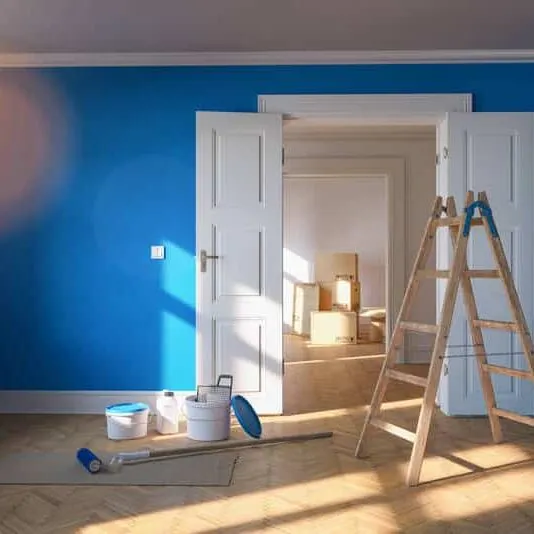Are you dreaming of a sleek new kitchen, a beautiful outdoor deck, a luxurious bathroom, or perhaps an extra bedroom for your growing family? Home renovations can transform your living space and increase your property’s value. But let’s face it— renovations can be costly. The good news? There are several ways to finance your home […]
How Long Does It Take for First-Home Buyers to Save a Deposit in Australia?
As a first-time homebuyer, fulfilling your dream of homeownership can be challenging due to the rising home prices and mortgage rates. But there’s also another factor in play: saving for a house deposit. Today, we’ll discuss this particular issue and determine how long it typically takes most first-time buyers to save for a house deposit. We’ll also explore some strategies to help you accelerate your savings and enable you to buy your first home in Australia sooner than expected.
The Current State of Home Affordability in Australia
The dream of homeownership in Australia is under significant pressure due to a combination of factors that have led to a decline in housing affordability. The PropTrack Housing Affordability Report for 2023 paints a stark picture: a household earning the median income can now afford just 13% of homes sold across the country, marking the lowest share since records began in 1995. This is a huge drop from the period between 2019 and 2021, when affordability was at its peak, with a median-income household being able to afford around 40% of homes sold across Australia. The same report pointed out some improvements in the labour market and wage growth since the pandemic. Still, more is needed to offset the higher costs of home prices and mortgage rates—and speed up the time to save for a deposit.
Let’s Zero in on the House Deposit Dilemma
For first-home buyers, saving for a deposit has become increasingly difficult. The PropTrack report explained that a household earning average income would have to be frugal and designate 20% of their earnings for over five and a half years to accumulate a 20% deposit on a median-priced residential property. This timeframe has shortened slightly due to home price declines throughout 2022 and stronger wage growth, but the overall challenge remains significant.
The house deposit dilemma is compounded by the fact that the quality of housing that is affordable to potential first-home buyers has declined, particularly in terms of location and size. So, even when first-home buyers can save enough for a deposit, they may have to compromise on the quality or location of their first home.
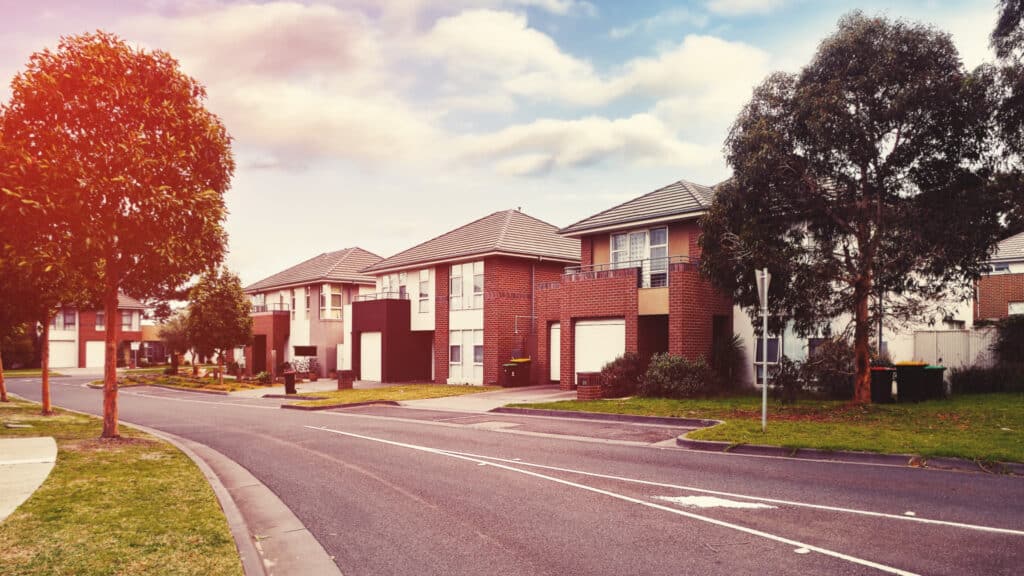
So, How Long Does It Take? And Does Region Matter?
According to the same PropTrack report, the time required to save for a deposit varies considerably across different states and territories in Australia. In New South Wales, for instance, an average-income household would need to save for approximately 6.9 years to afford the median deposit requirement of $172,000. In Queensland, the timeframe is slightly more optimistic, with an average household needing about 5.4 years to save for a home deposit. Other states, such as Victoria, South Australia, and Tasmania, have an average saving time of around 6.2 years.
These regional variations in saving time reflect Australia’s diverse economic conditions and housing markets. Factors such as local employment opportunities, wage levels, and housing supply all play a role in determining how long it takes for first-home buyers to save for a deposit in different regions.
Here’s Good News: You Can Beat the Odds and Save Up Faster!
While the statistics may seem daunting, there are strategies that savvy first-home buyers can employ to accelerate their savings. Read on to learn how to save a house deposit quickly.
Automate Your Savings
Setting up a separate savings account and arranging for a portion of your salary to be directly deposited can help keep your house deposit savings on track without the temptation to overspend. Also, this set-and-forget approach allows you to save consistently, making the process less overwhelming and more manageable.
Leverage Government Schemes
First-home buyers in Australia have access to various grants and incentives that can help reduce the upfront costs of homeownership. For instance, the First Home Super Saver (FHSS) scheme enables you to designate money for your first home inside your superannuation fund, potentially speeding up the process. By making voluntary contributions to your super, you can take advantage of the concessional tax treatment of superannuation to grow your deposit faster. The scheme allows for the withdrawal of up to $50,000 of voluntary contributions for a home deposit.
You should also consider the five per cent deposit scheme for first-home buyers. It is officially known as the First Home Guarantee (previously referred to as the First Home Loan Deposit Scheme). Under this scheme, eligible individuals can purchase their first home with a deposit as low as 5% without having to pay Lenders’ Mortgage Insurance (LMI). LMI is typically required for home loans where the buyer’s deposit is less than 20% of the property’s value to protect the lender in case of a loan default. However, with the First Home Guarantee, the Australian Government acts as a guarantor for the loan, covering the risk and thus eliminating the need for LMI. That can help you enter the property market sooner.
Consider Reducing the Size of Your House Deposit
While a typical deposit is 20% of the purchase price, it’s possible to buy with a smaller deposit. As mentioned above, you can achieve that by using the First Home Guarantee. Doing so can reduce the time it takes to save. But be mindful of other factors; make sure that reducing the size of your house deposit doesn’t result in extremely high borrowing costs over the life of the loan. Weigh the pros and cons of a smaller deposit versus saving for a longer period to reach the 20% threshold.
Develop Good Money Habits
Developing good money habits is essential for reaching your savings goal. Pay off high-interest debts to avoid unnecessary interest payments, and consider opening a savings account with a competitive interest rate. Technology can improve your money habits, with various apps and tools available to help track spending and savings. That way, you can find non-essential expenses easily, cut back on them and then redirect those funds towards accelerating your house deposit savings.
Consider Investing
If you don’t need to buy a house immediately, you can try your hand at investing as early as now. Investing in shares or other assets could potentially offer higher returns than traditional savings accounts. While investing comes with risks, it can be a way to grow your savings more quickly if you’re comfortable with the level of risk involved.
You Can Buy Your First Home Soon
Saving for a first-home deposit in Australia is undoubtedly challenging—but not insurmountable. When you understand the current market conditions, set realistic savings goals, and employ strategic financial planning to speed up your home deposit savings, you can be closer to achieving your dream of owning your first home. Need more expert advice in saving for a house deposit, getting first-home buyer loans in Australia & other matters related to owning your first home? Don’t hesitate to give us a call. Our mortgage brokers in Hobart are ready to offer expert guidance.
Enquire Now
Find Your Perfect Finance Solution
Let's discuss your finance needs. We’re here to help.
More posts from Deltos Finance

Ultimate Guide to Home Loan Redraw Facility
You’ve been diligently making extra repayments on your home loan, watching your balance shrink faster than expected. But then, life throws you a curveball with an unexpected expense, or you suddenly get a time-sensitive investment opportunity. Wouldn’t it be great if you could access those extra funds you’ve paid into your mortgage? You could if […]

Guide to Home Loans for Self-Employed Borrowers
You’ve taken the bold step of being your own boss, and now, you’re ready to take another significant leap—buying a home. But you might wonder, ‘Can I get a home loan if I’m self-employed?’ The answer is a resounding yes! While your experience might differ from getting a standard mortgage, you can successfully secure a […]
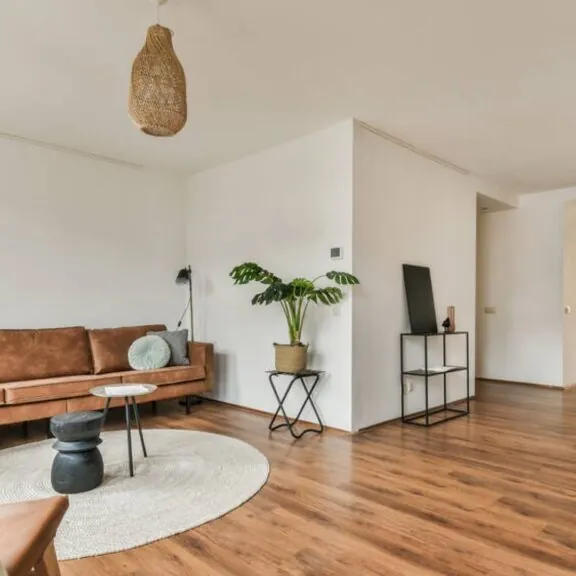
Pros and Cons of Buying Your First Home While You Rent
These days, first-time home buyers are increasingly exploring innovative strategies to enter the real estate game. One such approach gaining traction is buying your first home while continuing to rent. This strategy, often called “rentvesting,” offers an investment opportunity and lifestyle flexibility. But is it the right move for you? Let us help you decide […]
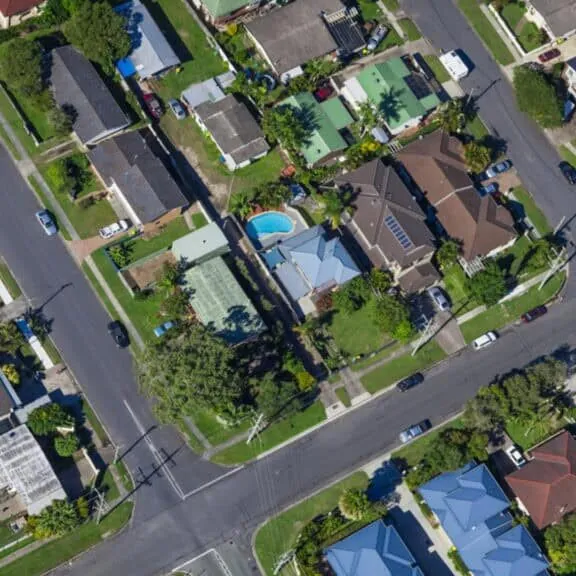
The Different Types of Property: Which One is Right For You?
Buying a property is more than a big-ticket purchase—it’s an investment and a lifestyle choice. So, it pays to consider various factors when finding the right property. Do you prefer a four-bedroom home in the suburbs, a townhouse in the inner city, or an apartment in the CBD? How about a fixer-upper? So, before you […]

A Comprehensive Guide to Buying Your Second Property
Over two million Australians own a second property. Some do it to invest in real estate and increase their wealth, while others simply want to improve their lifestyle with a holiday home. Whether you share the same sentiment or not, purchasing a second home is a huge decision not to be taken lightly. Continue reading […]

Bridging the Gap: Bridging Loans for Property Development
In property investment, timing is everything. Whether you’re eyeing a prime development opportunity or planning to flip houses to upgrade your portfolio, the ability to move quickly can make all the difference. This is where bridging loans may come into play. They offer a fast, flexible financing solution to bridge your financial gap between property […]

Maximising Your Local Mortgage Broker Relationship
Whether buying your first or second home or investing in multiple properties, having a trusted local mortgage broker by your side can make all the difference. The right financial guidance and local insights can point you in the right direction and make your real estate decisions pay off. You can get better results if you […]

Buying a Holiday House: Holiday Let vs Buy-to-Let
It is incredibly enticing to escape to a cosy beachside retreat on weekends or stay in a charming mountain cabin during the holidays. Owning a holiday house is a dream for many Australians; it can also be a savvy investment strategy. However, deciding whether to use your vacation home as a holiday let or a […]
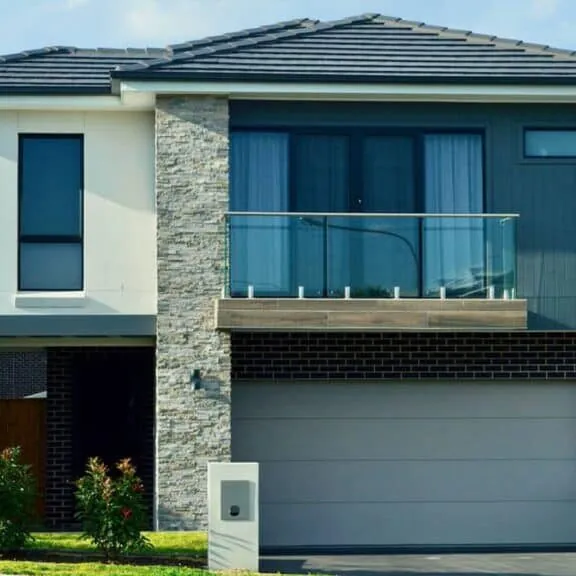
Is Buying a Second Home Right for You?
The idea of owning a second home can be incredibly appealing. It could be a holiday house or an investment property that can generate additional income. But is buying a second home the right decision for you? Let’s explore the key considerations and steps involved in purchasing a second property in Australia. Top Reasons for […]


